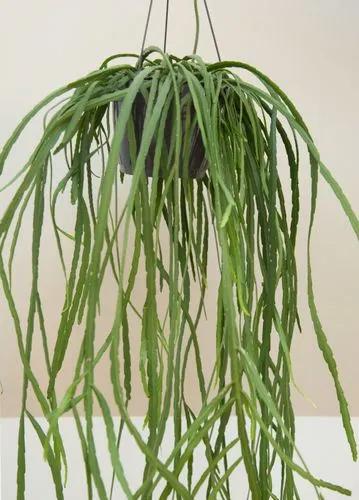Echinopsis is a large genus of cacti native to South America, sometimes known as hedgehog cactus, sea-urchin cactus or Easter lily cactus. One small species, E. chamaecereus, is known as the peanut cactus. The 128 species range from large and treelike types to small globose cacti. The name derives from echinos hedgehog or sea urchin, and opsis appearance, a reference to these plants' dense coverings of spines.
Urchin Cactus Care
Echinopsis



How to Care for the Plant

Water

Watering is an essential part to how well your cacti or succulent grows. Overwatering will stunt growth, but under-watering causes shrivelling. Tepid rainwater should be used for watering, rather than tap water. This is because the minerals in tap water build up in the soil and can cause deposits on the leaves.

Pruning

The major reasons for trimming cactus are to remove parts to root for new plants, remove offsets or pups for the same reason, reinvigorate a plant that has gotten too tall or too leggy, and to take off damaged material.

Fertilizer

Cacti fertilizer requirements are pretty simple. Any good houseplant food (diluted to half) that's higher in phosphorus than nitrogen is a good choice. A 5-10-5 solution can work well.

Sunlight

When grown outside it likes full sun or afternoon shade, when grown inside it needs bright light and some direct sun.

Soil

Soil should be mostly sand with a little topsoil, perlite, and compost. Prepared cactus or succulents mixes are suitable for growing.

Temperature

The majority of cacti need warm weather to survive. The ideal temperature for most cacti is between 65 and 90 degrees F. During the dormant months in fall and winter, temperatures between 45 and 55 degrees F are ideal.

Container

Cacti thrive in well draining, porous soils. Gravel or expanded shale can be added to the bottom of the container to help increase drainage. Never let the container sit in a saucer of water. If your container does not have a drainage hole, you will need to water less.

Popularity

74 people already have this plant 14 people have added this plant to their wishlists
Discover more plants with the list below
Related articles






